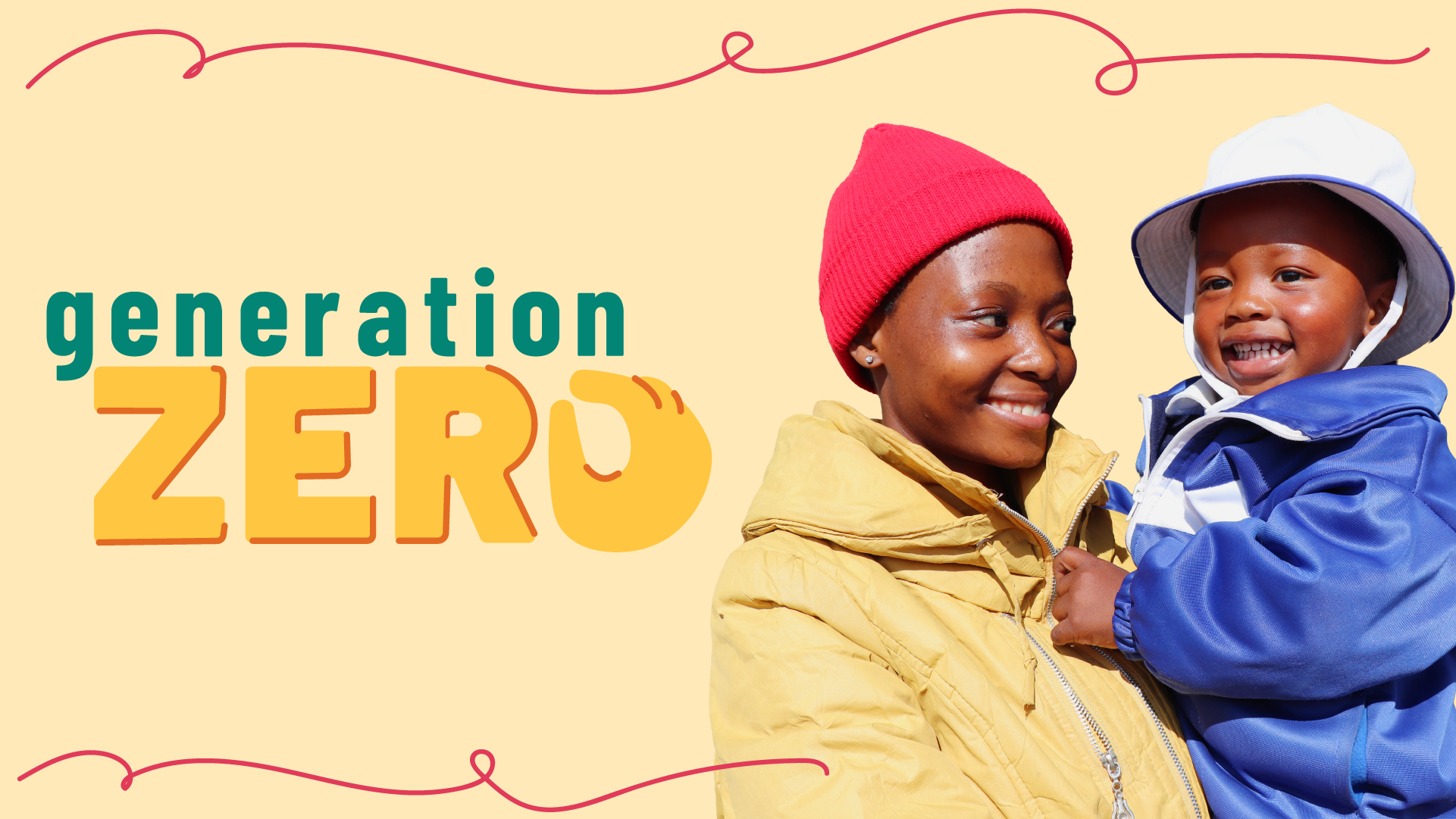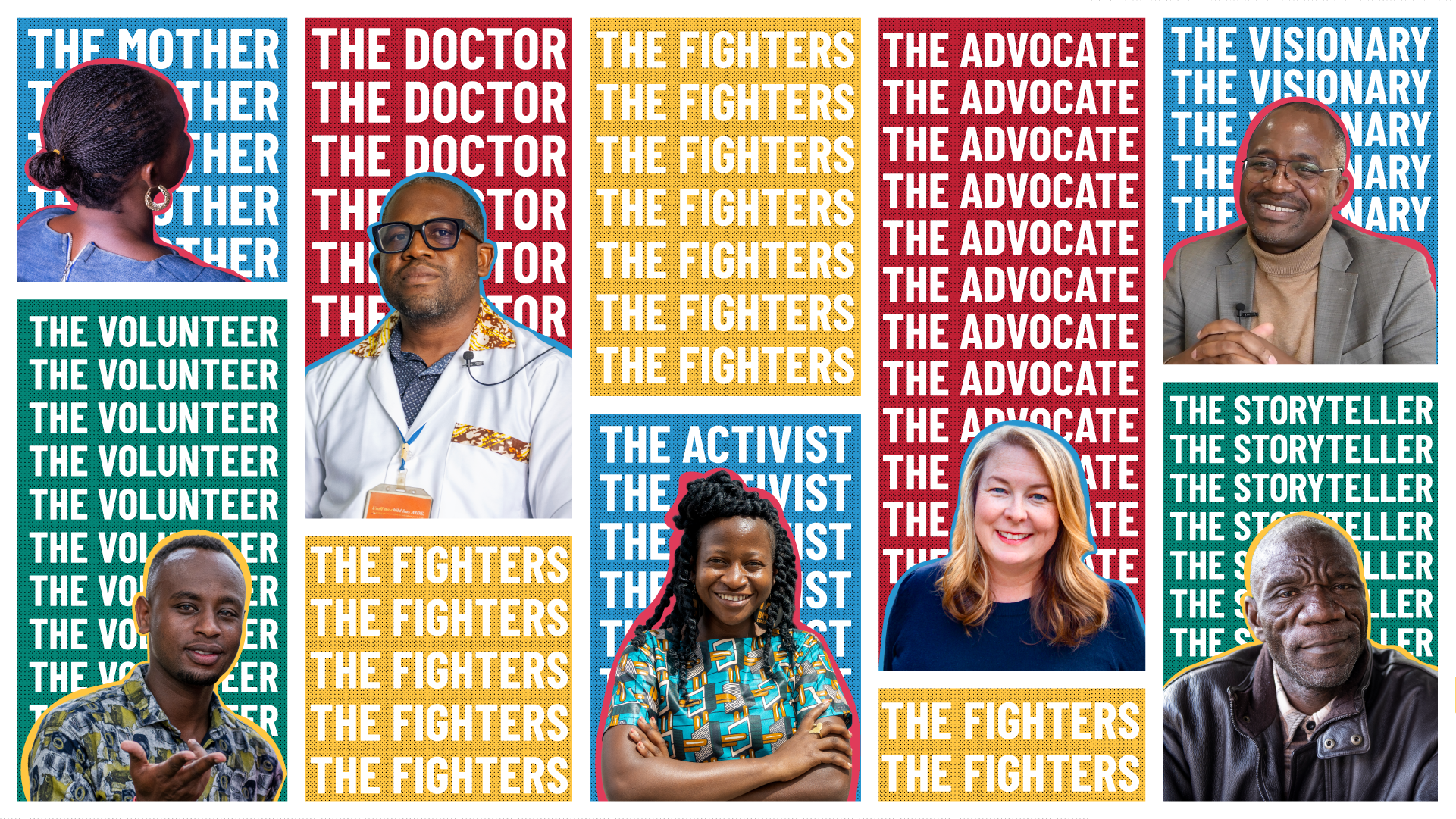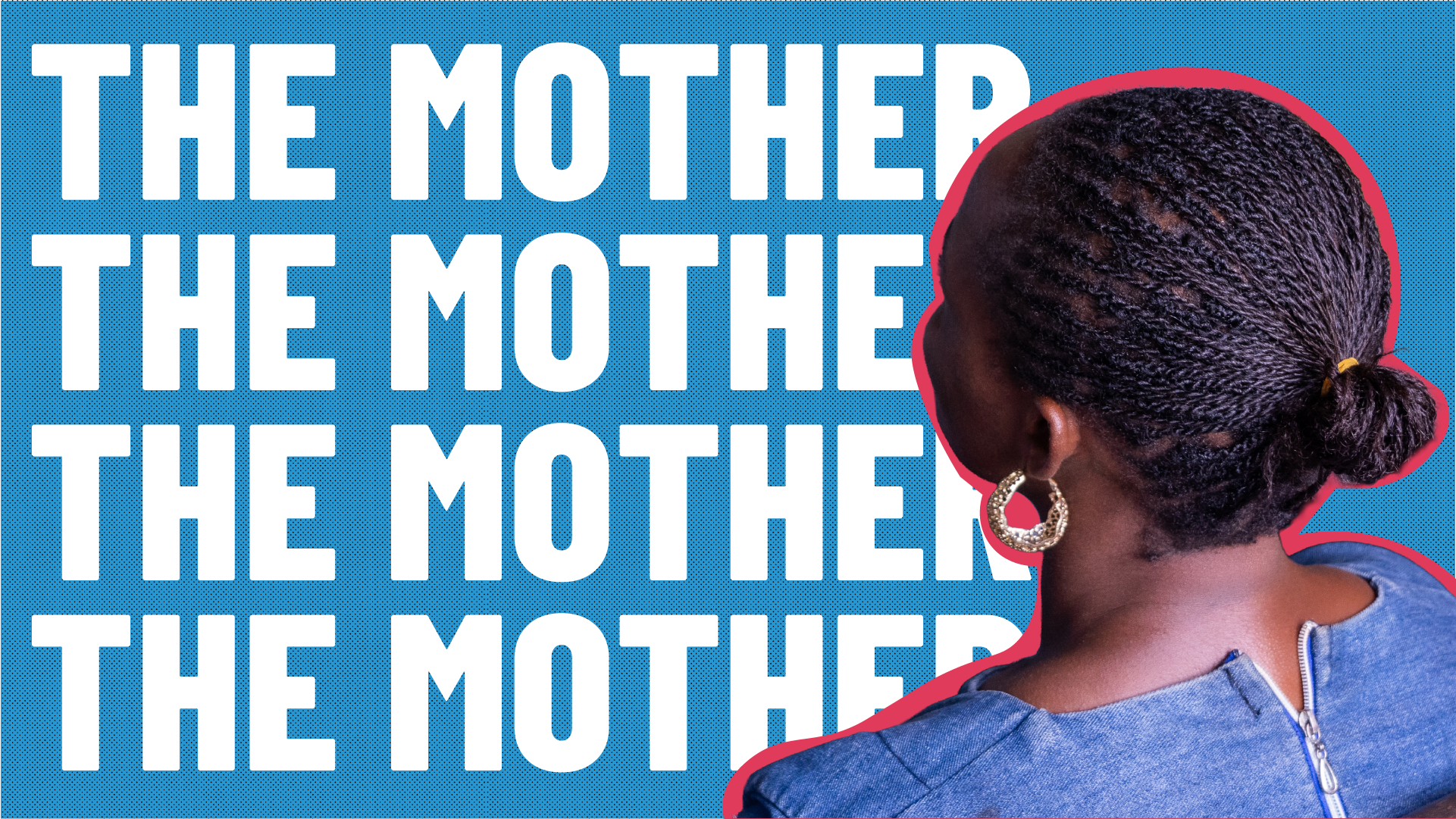The two-lane highway to Ibanda winds through the hills of southwest Uganda, verdant with the broad leaves of matoke, a starchy staple of this region. At the outskirt of Ibanda, our driver veers up a bumpy knoll to deposit us at Ruhoko Health Centre IV, a cluster of nondescript poured-concrete buildings.
This facility directly serves 150,000 people around Ibanda and functions as the central health center hub for a district of 250,000. Many of the residents of this district are subsistence farmers with only bicycles or their own feet for transportation. Boda bodas (motorbike taxis) congregate at the gates to ferry clients to and from the facility.
For the past five years, the Elizabeth Glaser Pediatric AIDS Foundation (EGPAF), has been supporting Ruhoko Health Centre IV through the Strengthening TB and HIV/AIDS Response in the South West Region of Uganda (STAR-SW) project. Through STAR-SW this facility has become a bustling model of integrated services, connecting all the residents in the community to maternal and child health services; care and treatment of opportunistic infections, such as tuberculosis (TB); and HIV prevention and treatment.
In December 2015, EGPAF began leading a new project with local partners Amref Health Africa, the Mayanja Memorial Hospital Foundation, and the Uganda Health Marketing Group. Regional Health Integration to Enhance Services in Southwestern Uganda, is a five-year, $60 million initiative funded—like STAR-SW—by the U.S. Agency for International Development (USAID). The project will expand the data-driven and integrated approach of STAR-SW to increase the availability, accessibility, and quality of health services.
Antenatal Care and Family Support Ensure HIV-free Babies
On the lawn between the outpatient clinic and the state-of-the-art laboratory at Ruhoko Health Centre IV, clients chat or doze as they patiently wait to meet with a trained health worker or receive test results. Inside the pediatric clinic, pregnant women and mothers sit quietly amid the din of laughing, crying, screaming babies—while white-clad health workers in the nursing room cheerfully call in clients one-by-one, weaving HIV prevention and treatment into routine antenatal and pediatric care.
The pediatric clinic looks down a grassy hill at a grey building where a family support group is now meeting. HIV-positive pregnant women and new mothers gather here every two weeks, sometimes with their husbands, to support each other through the process of prevention of mother-to-child transmission of HIV (PMTCT). Women are invited to join the support groups at their earliest antenatal care appointment and continue attending for 18 months after delivery or until breastfeeding cessation.
Meanwhile, inside the maternity ward, several women are in labor, breathing with great focus and looking forward to meeting their new babies. With opt-out HIV-testing, virtually all of these mothers were informed of their HIV status during antenatal care and have been counseled on how to prevent HIV transmission to their babies. Many have been active in the family support group and will help each other receive necessary services after delivery.
Ruhoko Health Centre IV takes a holistic approach, providing medical and psychosocial support to HIV-positive mothers while monitoring their HIV-exposed babies. Mothers enroll in medication regimes, participate in support groups with other HIV-positive mothers, and receive counseling and instructions for maintaining their health and reducing risk of infection to their children.
"Family support groups help mothers learn from one another," explains Prima Komugisha, a health worker. "These groups also help with disclosure. For those who still experience stigma, it helps them to disclose to partners when they reach the health center. Family support groups also help mothers share stories and experiences."
Annet Mbabazi is living with HIV, but her 18-month-old son, Pobruce, is HIV-free. Annet participates in a family support group at Ruhoko Health Center IV and says that the program has been crucial to her health and to her son's future.
"When I started, I gained energy to care for my family," said Annet with a smile. "Above all, I appreciate the care of my baby, who is HIV-negative today."
When babies are six weeks old, health workers at the center screen them for HIV. Infants are followed each month and continue to be checked for HIV until they are weaned from breastfeeding. HIV-exposed infants then receive a final antibody test at 18 months and “graduate” from the program. Since the family support group started, every child that has gone through the program from start to finish is HIV-free.
For children who are living with HIV, Ruhoko Health Centre IV provides not only medicine, but psychosocial support as well.
More than 150 children meet quarterly for an Ariel Club on the grounds of the health center. Ariel Clubs are child-friendly, peer-led support groups developed by EGPAF and named for Elizabeth Glaser’s daughter, who died young from AIDS-related illnesses. The groups play an important role in the process of disclosing HIV status to a child in a supportive environment.
During meetings, the children learn about how to stay healthy while living with HIV and how to manage their medications. They also get the freedom to talk and play with others who understand what they are going through.
Integration, Local Capacity, Sustainability
EGPAF and its local partners are working to create a larger, more comprehensive health system in Uganda by supporting integrated health platforms, strengthening health systems, and building local capacity at the district and community levels. EGPAF also supports the sustainability of these health services through training and mentoring programs at local and district health facilities.
Edward Bitarakwate, M.D., country director for EGPAF-Uganda, tells me that integration of health services is the key to ending AIDS-related illness and death in this rural district, a rough day’s drive from Kampala, the capital city.
“Our ongoing work in the region demonstrates that when HIV and AIDS prevention, care, and treatment services are integrated across a spectrum of care, we are able to have the greatest impact in reaching children and families with lifesaving services that will bring about the end of AIDS and improve overall health outcomes,” says Bitarakwate.
Since 2000, EGPAF-supported programs in Uganda have reached more than 2.7 million pregnant women with prevention of mother-to-child transmission of HIV (PMTCT) services, initiated 65,000 people on antiretroviral therapy, and reached more than 10,000 people with tuberculosis care and treatment services.




